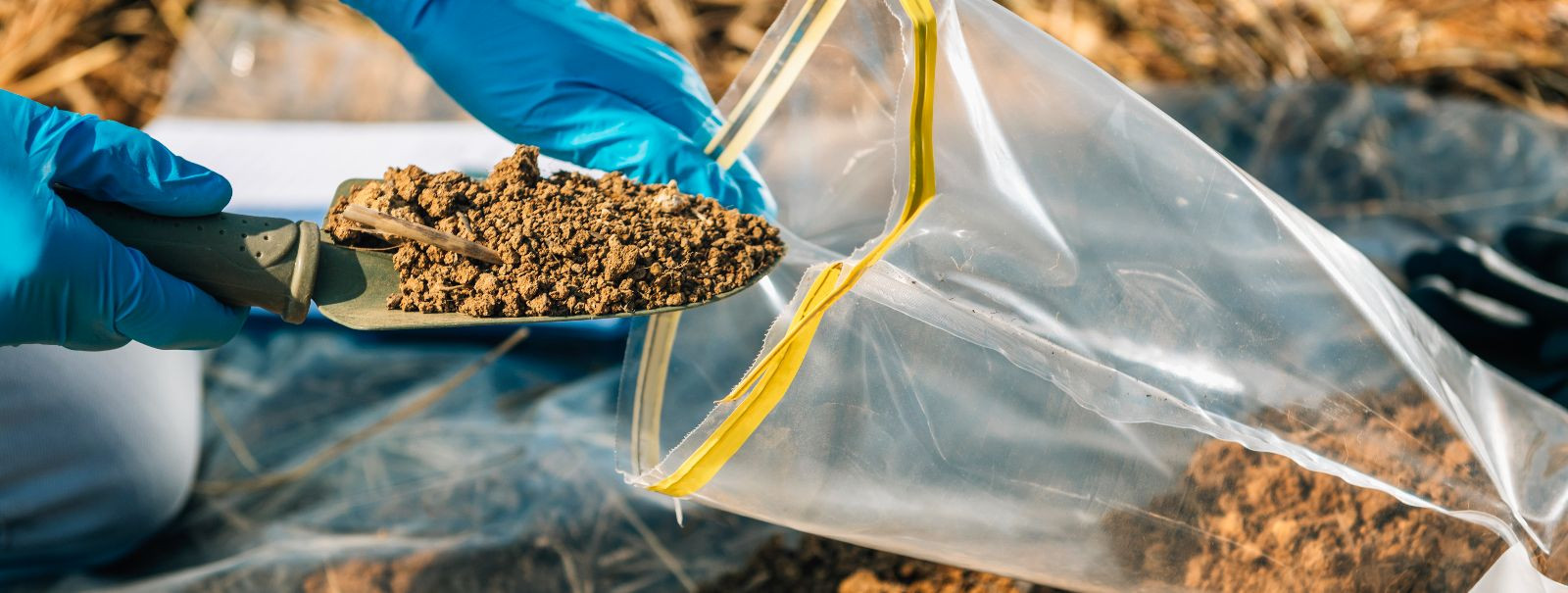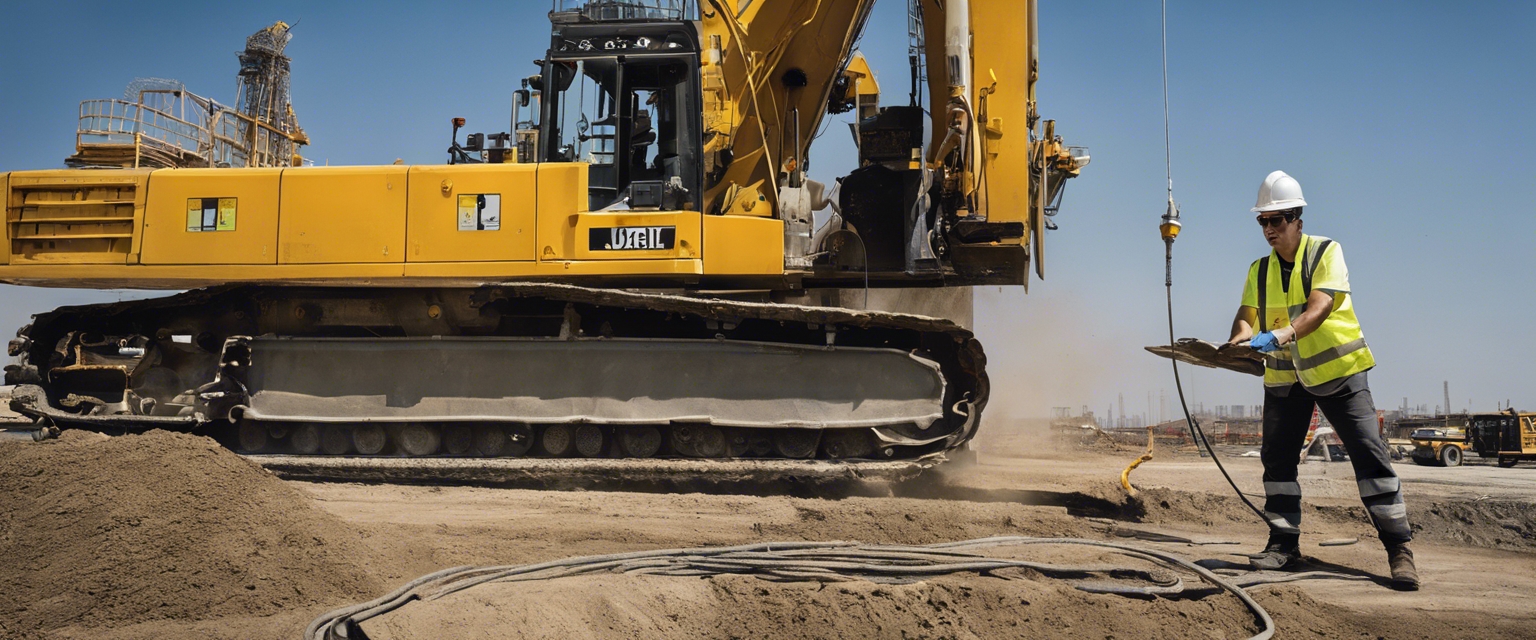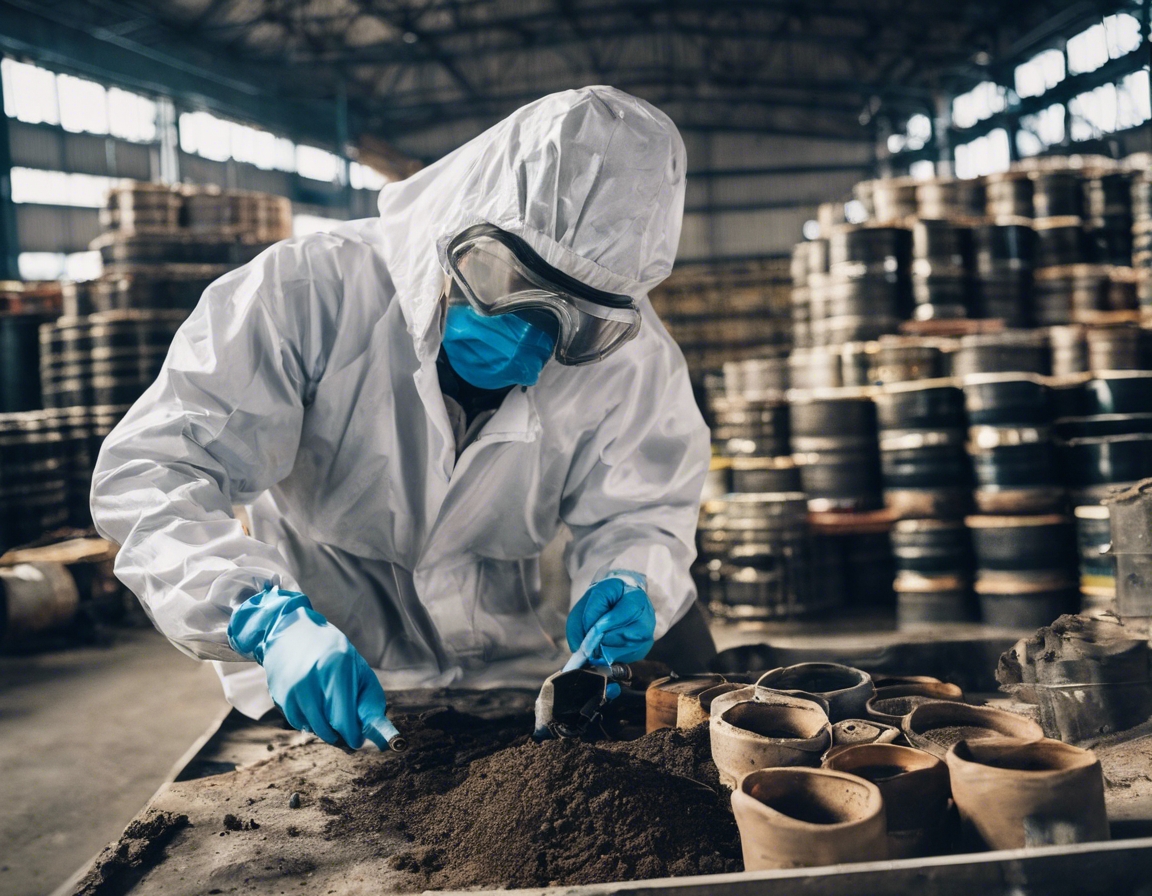Ensuring environmental integrity through soil pollution research
Soil pollution refers to the presence of toxic chemicals, heavy metals, or other pollutants in the soil at levels that pose a risk to human health and the environment. These contaminants can originate from a variety of sources, including industrial activities, agricultural practices, waste disposal, and accidental spills.
Contaminated soil can lead to the degradation of ecosystems, harm to wildlife, and reduced agricultural productivity. For humans, exposure to polluted soil can cause a range of health issues, from acute poisoning to long-term chronic diseases.
The Role of Soil Pollution Research
Effective soil pollution research starts with identifying the sources of contamination. This involves historical research, site inspections, and the collection of soil samples for analysis.
Once the sources are identified, researchers assess the extent and severity of contamination. This includes determining the types of pollutants, their concentrations, and the areas affected.
Based on the findings, scientists and engineers can develop strategies for remediating the contaminated soil, which may include physical, chemical, or biological methods.
Techniques and Technologies in Soil Pollution Research
Soil sampling is a fundamental aspect of soil pollution research. It involves collecting soil samples at various depths and locations for laboratory analysis to determine the presence and concentration of pollutants.
Geophysical methods, such as ground-penetrating radar and electrical resistivity, are non-invasive techniques used to investigate subsurface conditions and detect anomalies that may indicate pollution.
Bioremediation and phytoremediation are innovative approaches that use biological organisms, such as bacteria and plants, to remove or neutralize pollutants in the soil.
Regulatory Framework and Standards
There are various international and national regulations that set standards for soil quality and guide the management of soil pollution. These regulations are critical for protecting the environment and public health.
Ensuring compliance with soil quality standards is essential for preventing further soil degradation. Enforcement mechanisms are in place to hold polluters accountable and promote remediation efforts.
Soil Pollution Research in Construction and Urban Planning
Before construction begins, it is crucial to conduct soil assessments to identify any potential pollution issues. This helps in making informed decisions about site suitability and necessary remediation measures.
Urban planners and developers are increasingly recognizing the importance of integrating soil health considerations into urban development projects to ensure sustainable and environmentally friendly growth.






Comments (0)